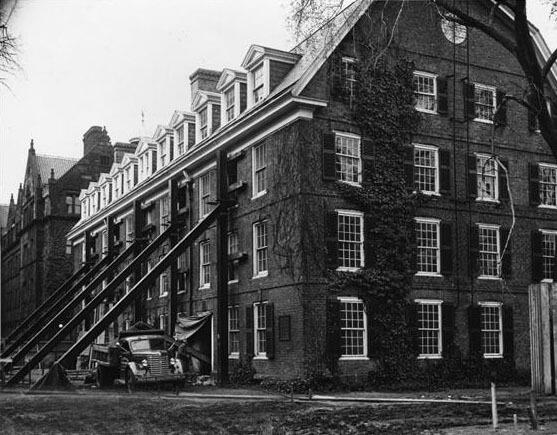
Yale University has issued a formal apology for its historical involvement with slavery, alongside the release of an extensive account detailing the institution’s connections to slavery. This apology marks a crucial step in Yale’s journey toward addressing its historical legacy and fostering racial justice.
Apology and Commitment to Repair
President Peter Salovey and senior board trustee Josh Bekenstein conveyed a heartfelt apology to the university community, acknowledging Yale’s historical association with slavery and the contributions of enslaved individuals to its history. They emphasized the university’s commitment to rectifying past injustices and outlined initial steps toward this endeavor.
Historical Investigation and Findings
Yale’s acknowledgment follows a comprehensive investigation led by Yale historian David W. Blight. The research delved into the university’s ties to slavery, the slave trade, and abolition, shedding light on a complex and often overlooked aspect of its history. Blight emphasized the importance of confronting the past honestly, without flinching, and expressed astonishment at the university’s dedication to this endeavor.
Want to know if you’re earning what you deserve? Find out with LawCrossing’s salary surveys.
Initiatives for Redress and Education
In addition to the apology, Yale announced proactive measures aimed at addressing its historical legacy. These include funding programs to train public school teachers in New Haven, Connecticut, a predominantly Black community. Furthermore, Yale intends to expand research partnerships with historically Black colleges and universities nationwide, with significant investments forthcoming.
Context and Comparison
Yale’s acknowledgment of its ties to slavery aligns with broader efforts within higher education to reckon with institutional complicity in historical injustices. Comparable initiatives have emerged at institutions such as Harvard, Brown, and Georgetown, reflecting a growing recognition of the need to confront past wrongs and promote racial equity.
Reflections on Yale’s History
The historical research conducted by Blight’s team illuminates various aspects of Yale’s past, including its nuanced stance on slavery during the antebellum period. While Yale may not have directly owned enslaved individuals, the university’s namesake, Elihu Yale, profited from the slave trade, underscoring its entanglement with this dark chapter of history.
Community Engagement and Future Steps
Yale’s acknowledgment of its history has sparked discussions within the university community and beyond. Calls for reparations and broader redress efforts have been raised, signaling a recognition of the need for tangible action to address historical injustices. Yale’s commitment to establishing a committee for future reparative efforts reflects its ongoing dedication to this cause.
Don’t be a silent ninja! Let us know your thoughts in the comment section below.
